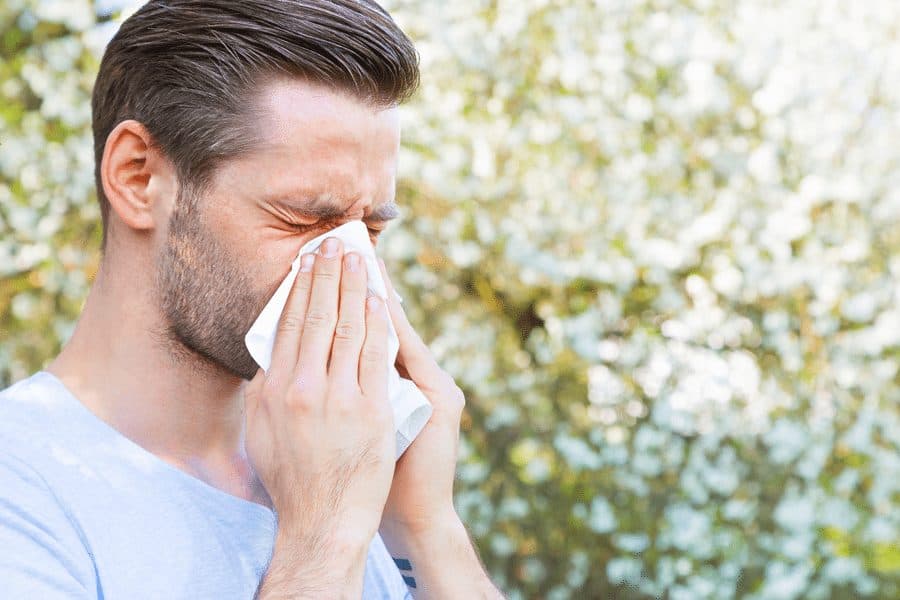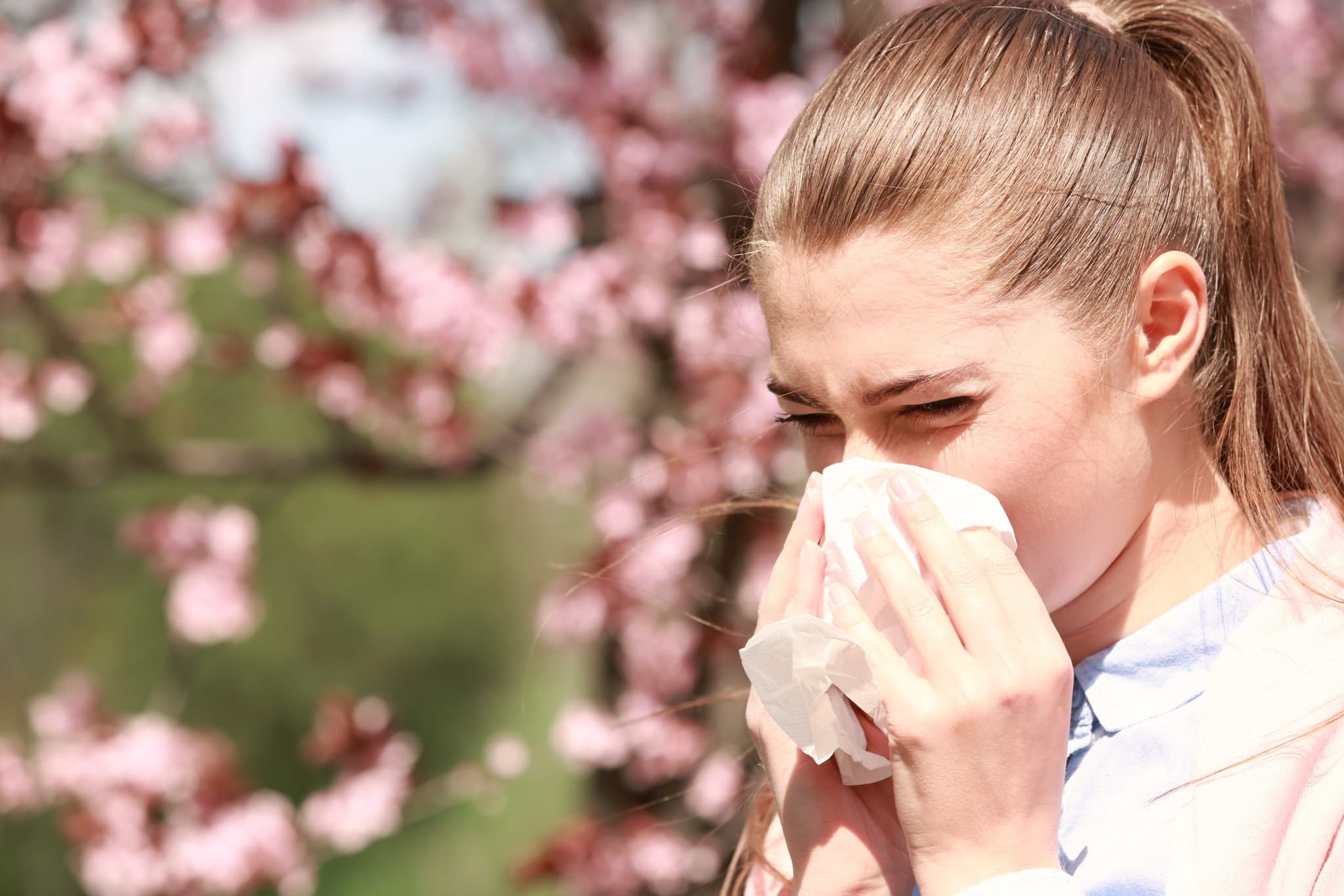
2023-07-10T16:46:58
Don’t let these 5 common injuries ruin your summer
- Family Medicine
- Urgent Care
- Value-Based Care
April 11, 2018 | Allergy and Immunology • Value-Based Care
Specialties:Allergy, Asthma and Immunology

Allergic rhinitis, also known as hay fever, is a common condition that affects more than 60 million people in the United States each year. Symptoms of allergic rhinitis include:
The best form of treatment for allergic rhinitis is avoiding the allergens that cause your reaction. Allergens can include dust, animal dander, pollen, plants, mold, etc. Because it is almost impossible to avoid all allergens, you may need extra medical treatment to relieve symptoms of allergic rhinitis. If your condition is moderate to severe, immunotherapy may be the best and most cost-effective option.
Allergic rhinitis can affect your quality of life. Many patients report sleep disturbances, fatigue, irritability, depression and difficulty paying attention as a result of their symptoms.
It’s estimated that allergic rhinitis causes more than four million missed days of work each year—that’s nearly $700 million in lost productivity. Allergies also account for almost $14.5 billion in annual medical costs.
When left untreated, allergic rhinitis often becomes chronic and may lead to complications including:
Allergic rhinitis is also linked to increased chances of developing asthma, as well as asthma flares, worsening symptoms and difficult-to-control asthma in those with existing asthma.
Immunotherapy, frequently referred to as allergy shots, is a great option for patients with chronic allergic rhinitis. The effects of immunotherapy are long lasting and can help reduce unnecessary healthcare costs later in life.
How much does immunotherapy cost?
In 2000, the average out-of-pocket cost for a patient to treat allergic rhinitis was roughly $1200, but research shows that treating allergic rhinitis through immunotherapy cost patients roughly a third less for the first year of treatment. Treatment in following years was significantly less expensive.
Every patient’s costs may look a little different depending on insurance coverage. But the cost of immunotherapy significantly outweighs the future healthcare costs you may be responsible for including hospitalizations, over-the-counter medication costs and others due to allergy symptoms. In fact, one study found that patients on immunotherapy treatment saved between $3965 and $4397 compared to allergic rhinitis patients who were not.
Talk to your doctor or insurance provider about what out-of-pocket costs you can expect.
In addition to cost savings, other benefits of immunotherapy include:
If you have allergy symptoms, don’t ignore them. Talk to your doctor about the best treatment methods for you.
Our allergy specialists diagnose and treat patients who suffer from allergic and immunologic disorders. We work with both pediatric and adult patients and use the most comprehensive and up-to-date medical therapies.
Sources:
“Allergic Rhinitis”. MedlinePlus.
“Treating Allergic Rhinitis Through Better Patient Management”. Medical Economics.
“Value-Based Perspectives on the Management of Allergic Rhinitis”. American Health & Drug Benefits.
“Allergic Rhinitis”. Medscape.
“Complications of Allergic Rhinitis”. The Journal of Allergy and Clinical Immunology.
“Allergy immunotherapy: Reduced health care costs in adults and children with allergic rhinitis”. The Journal of Allergy and Clinical Immunology.
“10 Benefits of Immunotherapy Treatment”. Care One Allergy.
WRITTEN BY:
The Live Better Team

2023-07-10T16:46:58

2023-07-06T12:52:34

2023-06-26T14:18:33

2023-05-19T11:00:36
This information is not intended to replace the advice of a medical professional. You should always consult your doctor before making decisions about your health.